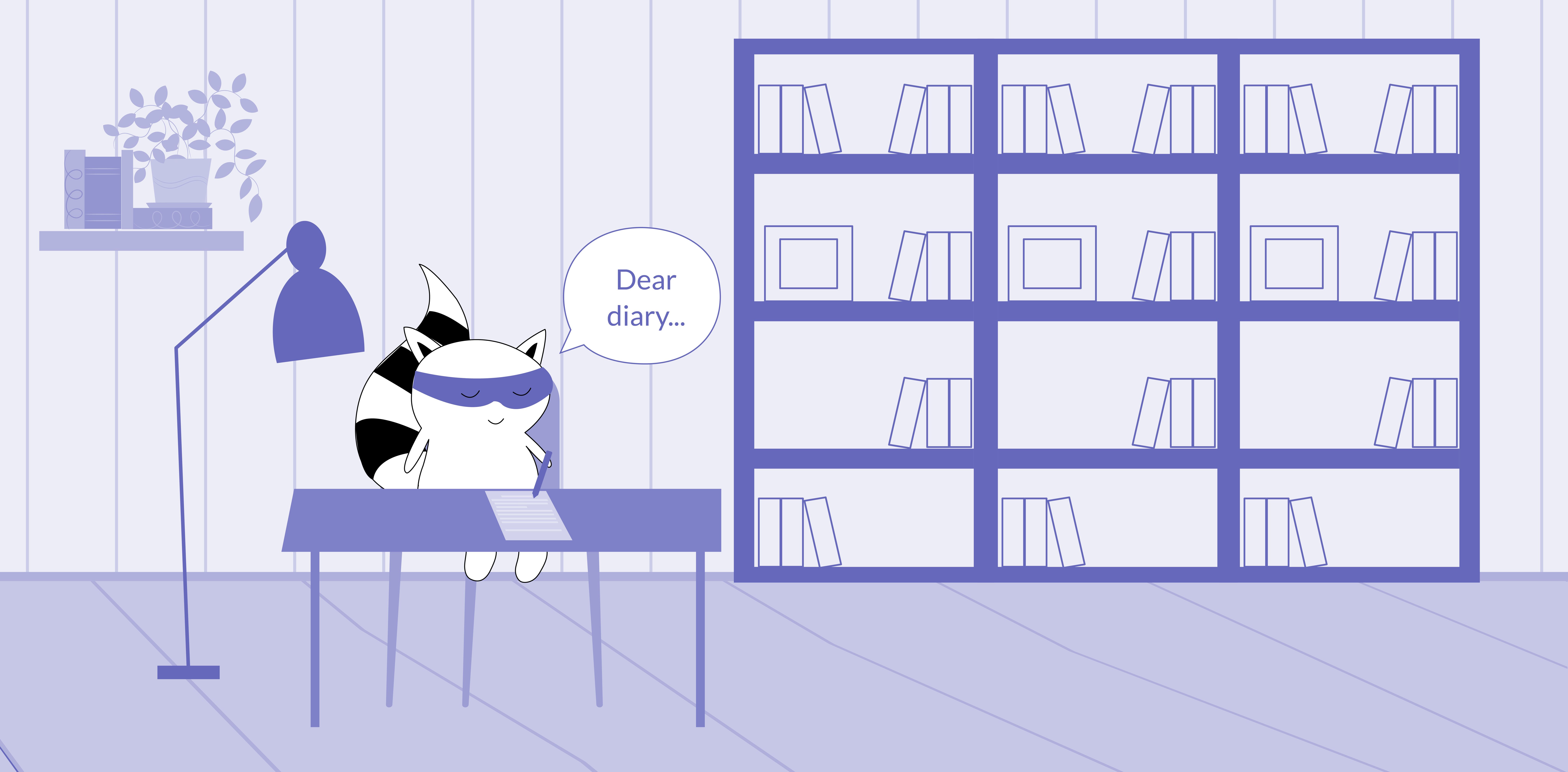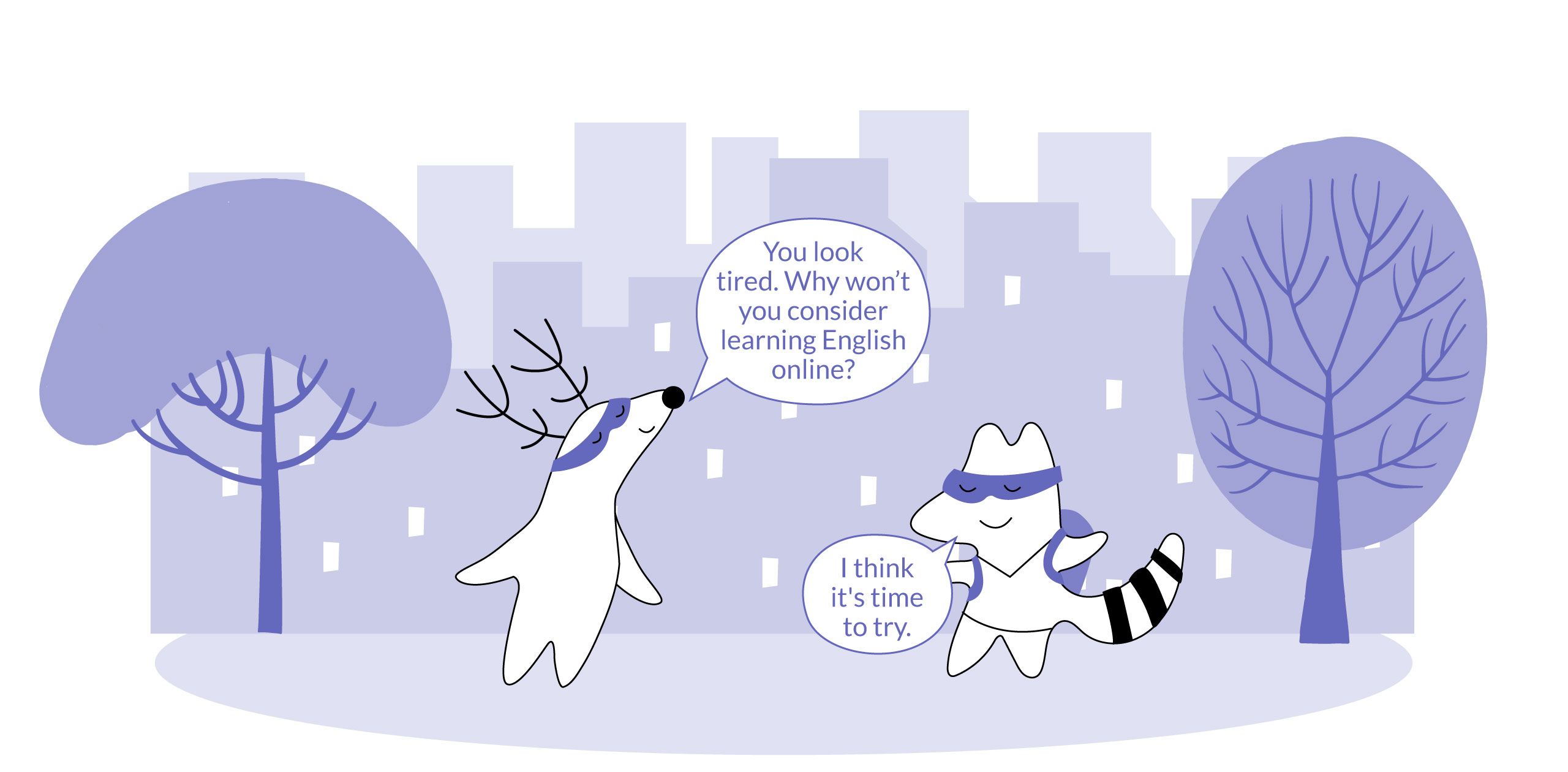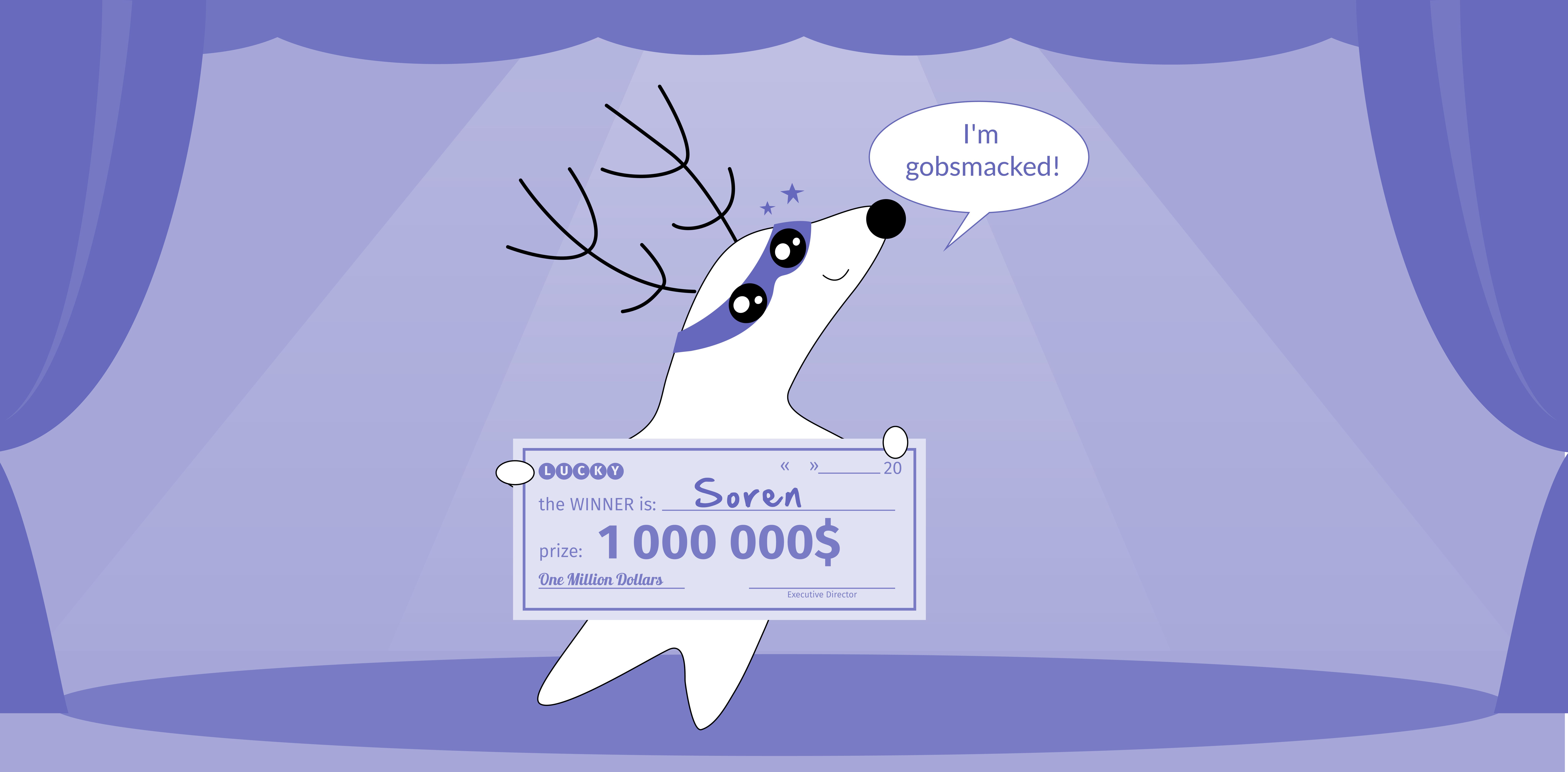
The English language, while universal in many regards, has a fascinating ability to shape-shift depending on where you find yourself on the globe. On this linguistic journey, we'll venture to the land of the famous Beatles, the iconic London Bridge, and a good old cup of tea — the United Kingdom.
Prepare yourself for a whimsical exploration of some quintessentially British phrases that are as rich and varied as the nation's history itself. Far from just being an eccentric collection of words and phrases, British English vernacular is a living testament to the country's vibrant culture, history, and unique sense of humor.
Each term, phrase, or saying carries with it a story, a tradition, or a joke that spans generations. So buckle up, language enthusiasts! You're in for a jolly good ride as we dive into the charming, often bewildering world of British slang words and phrases.
To the uninitiated, brace yourself for a spot of “Full Monty” and “Gobsmacked,” and fear not — all will become clear as we venture forth.
Learn English with Langster
1. “Bob's your uncle”
“Bob's your uncle” is a peculiarly British slang phrase that often leaves non-Brits scratching their heads in bewilderment. The phrase is generally used to indicate how a particular task is simple or straightforward, like saying voilà in French.
You might hear it used in a sentence like this:
Just turn left at the traffic lights, walk straight for two blocks, and Bob's your uncle, you will be at the museum.
The phrase holds its origin in late 19th-century politics, when Arthur Balfour was unexpectedly promoted to the high-ranking position of Chief Secretary for Ireland by his uncle, Lord Salisbury (whose first name was Robert). Many believed this appointment was based on favoritism; hence, “Bob's your uncle” became a popular sarcastic comment implying anything could be achieved with the right connections.
2. “The bee's knees”
“The bee's knees” is a delightful combination of British words used to describe something that is exceptionally good. If you're trying to tell someone they're the bee's knees, you're essentially commending them for being top-notch or best in the field, as in:
This homemade apple pie is the bee's knees.
The phrase came into existence in the 1920s as part of a popular trend of using animal-inspired phrases (like cat's pajamas or gnat's elbow) to express admiration or approval.
Although the true origin story behind this phrase is somewhat murky, it's worth noting that bees carry pollen back to the hive in sacks on their legs. The phrase could, therefore, be a nod to the richness of the pollen or nectar gathered by these hardworking insects.
3. “Full Monty”
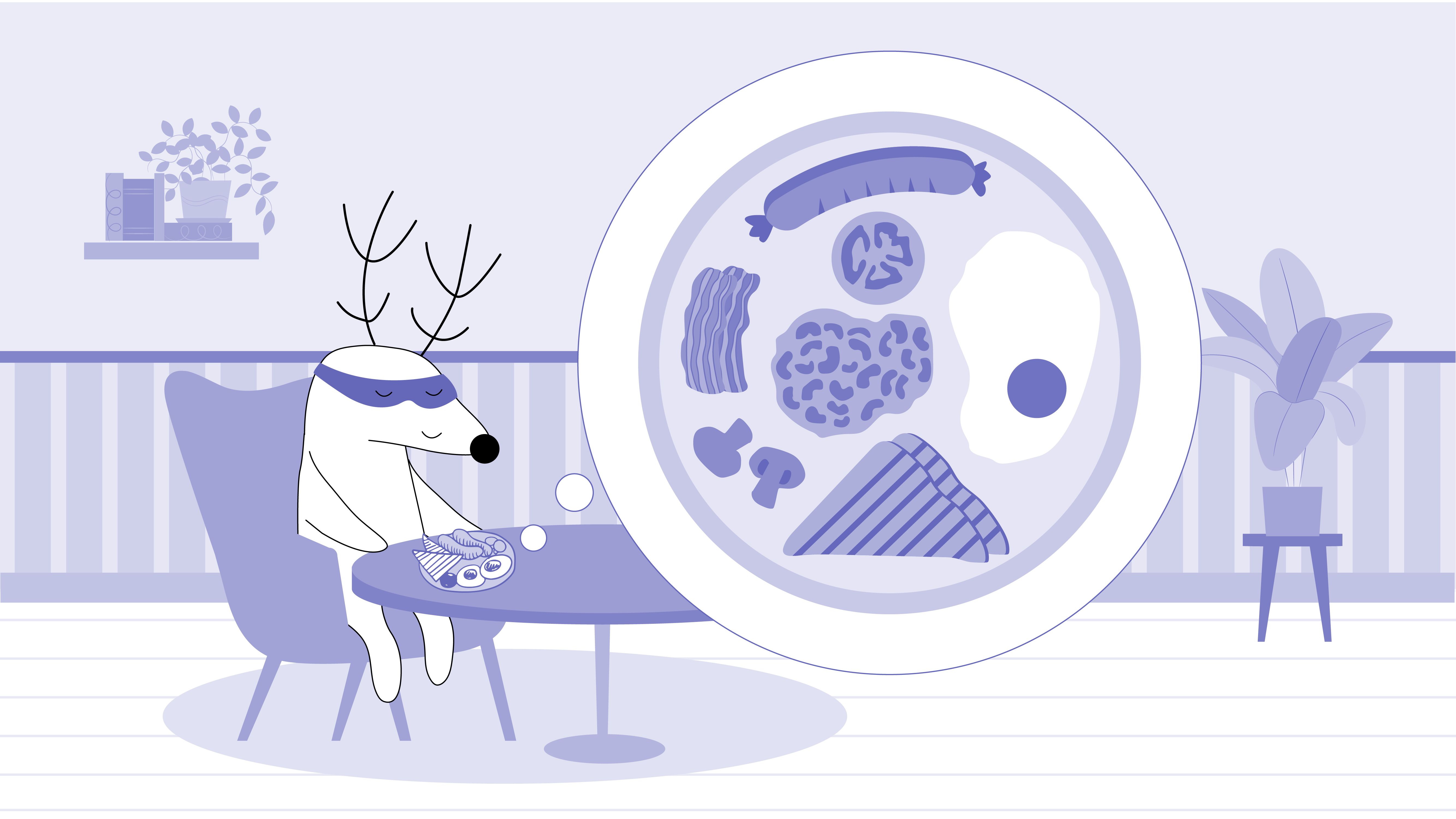
“Full Monty,” in British English, means to do something to its fullest extent or go "all in." It implies doing something thoroughly or to the extreme. For instance, if you decide to have a full English breakfast with all the trimmings, you would say you're “having the full Monty.”
While the precise origins of the phrase remain debated, one popular theory connects it to Field Marshal Bernard Law Montgomery, a senior British Army officer during the Second World War. He was known to start his day with a full breakfast, hence the connection.
Whatever its origins, though, the phrase took on a life of its own after the 1997 British film The Full Monty, where men decide to do a full striptease.
4. “Gobsmacked”
If you're “gobsmacked,” you're utterly astonished or surprised. This is a quintessentially British phrase that perfectly encapsulates the feeling of being so shocked that it leaves you speechless. Example:
I was gobsmacked when I found out she had won the lottery.
The term “gob” is a Northern England slang term for mouth, while “smack” is derived from an old English verb “smec,” which means to “strike or smite.” So, being “gobsmacked” essentially refers to being stunned as though being slapped or smacked in the mouth.
The phrase first appeared in written English in the late 20th century and is still commonly used today.
5. “Tickety-boo”
Tickety-boo is a delightful and uniquely British way of saying that everything is going well. It's an expression of general satisfaction, for example:
Ever since getting that promotion, everything's been tickety-boo.
The origin of tickety-boo isn’t entirely clear, but it's often thought to come from the Hindi expression ṭhīk hai, bābū, meaning “it’s alright, sir.” British soldiers in India during the British Raj likely adapted the phrase.
Another theory suggests it could have its roots in an old Scottish slang word, “that's the ticket,” with boo added for its rhyme and whimsy.
6. “Chuffed to bits”
If you're “chuffed to bits,” you're extremely pleased about something. It's a way of expressing joy or pride over an achievement or a piece of good fortune. For instance:
I was chuffed to bits when I heard the news of my promotion.
The word “chuffed” is British slang originating from northern England, referring to a state of happiness. The “bits” part of the phrase likely enhances the degree of one's delight, emphasizing the feeling of being totally overwhelmed with joy.
It has a warm, friendly vibe that's quintessential to British conversations.
7. “Taking the mickey”
“Taking the mickey” is a classic British phrase used to describe the act of mocking someone or making fun of them. An example of its usage is:
Stop taking the mickey out of me!
The phrase is a shorter version of “taking the mickey bliss,” which itself is a slang term. It originates from Cockney rhyming slang, where bliss is short for taking the piss (“piss” being an informal term for making fun of someone).
Over time, the phrase has evolved to become more widely used throughout Britain.
8. “Raining cats and dogs”
“Raining cats and dogs” is a popular British phrase that means it's raining particularly hard. It's a way of describing heavy rain, much like the American phrase “raining buckets.” Example:
We can't go out today, it's raining cats and dogs outside.
The origin of this phrase is somewhat uncertain, but one theory suggests that in 17th-century London, heavy rain would wash the carcasses of cats and dogs that were left dead in the streets. This could make it seem like it was indeed raining these animals, leading to the phrase's origin.
Greetings
When it comes to British slang words and phrases, greetings hold a special place, reflecting the dynamic and diverse nature of the culture.
Among the plethora of ways Brits acknowledge one another, phrases like “Alright, mate?”, “How's your father?”, and the charmingly truncated “Wotcha” stand out as unique expressions of camaraderie.
This section explores the subtleties behind these seemingly simple salutations, unveiling the cultural nuances and historical roots that make British greetings both delightful and distinctive.
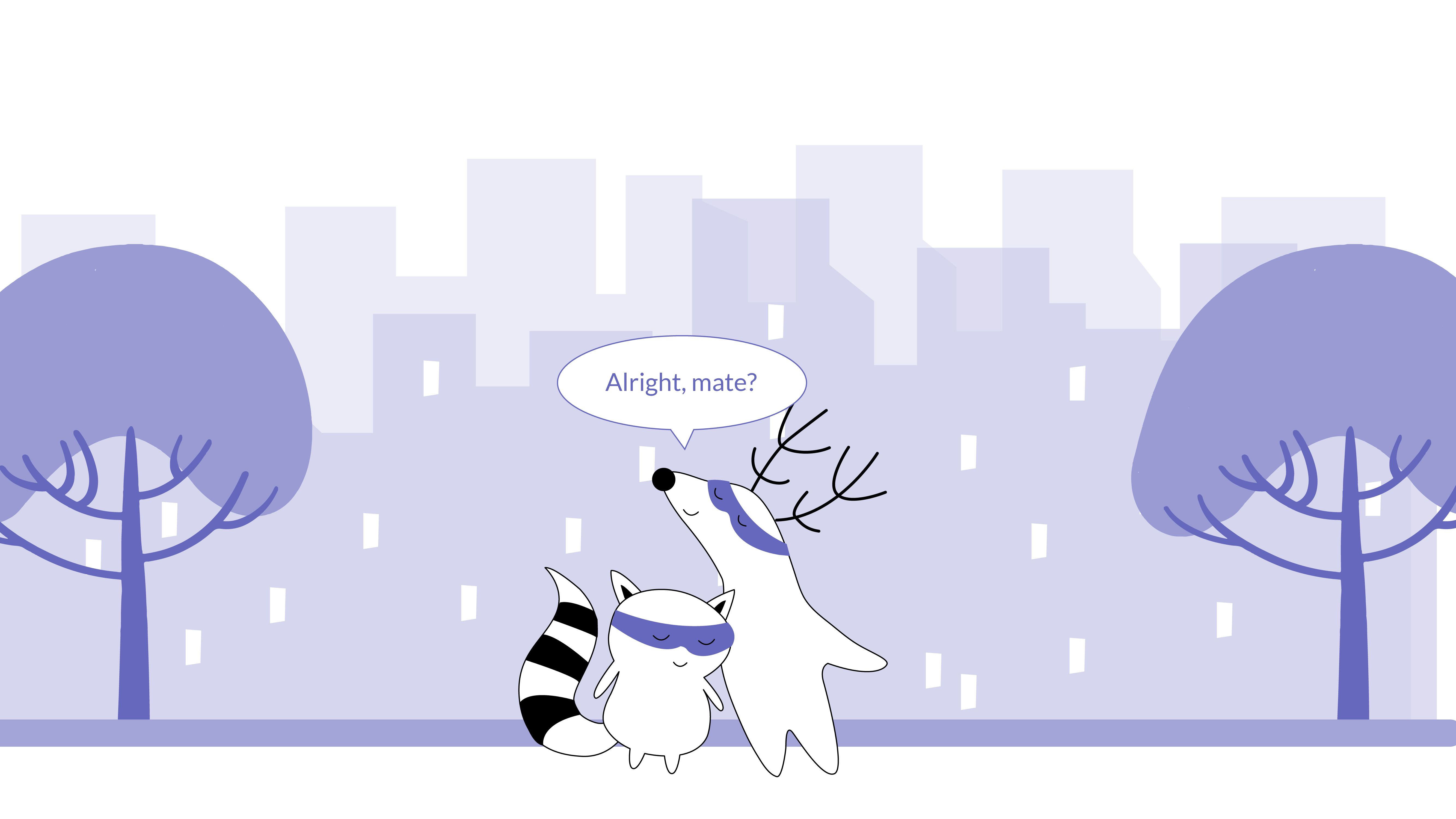
“Alright, mate?”
One of the most common British slang phrases used as a greeting is “Alright, mate?”. This is a casual and friendly way British people ask, “How are you?”.
While it might sound like a question about your health or state of being, it is more of a general acknowledgment or a casual greeting for a British person.
“How's your father?”
“How's your father?” is another phrase used in British culture to greet each other. While it might sound like a direct question about one's parent, it's actually a light-hearted and somewhat old-fashioned way of asking how someone is doing.
This slang phrase is used more commonly among the older generation.
“Wotcha”
This British slang word is a contraction of “what cheer,” an old English greeting used by British mates. Over time, through colloquial use and dialect, it has become a common slang word among British people, especially those in London and southern England. It's a friendly and informal way of saying hello.
Cockney Rhyming Slang
Cockney rhyming slang is a form of English language play that originated in East London, England, in the 19th century. It involves substituting words with other words or phrases that rhyme with them, often resulting in funny British sayings that are essentially humorous but nonsensical to those unfamiliar with the slang.
The basic structure of Cockney rhyming slang involves two parts: the rhyme and the topic. The rhyme is usually a two-word phrase, with the second word rhyming with the word it's replacing. The topic is often a reference to a person, place, or thing that is somehow related to the rhyme.
For example, in Cockney rhyming slang, the word "mate" can be replaced with "china plate." In this case, "plate" rhymes with "mate," and "china" is just an additional word used to make the phrase more interesting. So, if someone says, "How's your china plate?", they're really asking, "How's your mate?".
However, it's also common to drop the rhyming part of the phrase entirely, so you might just hear "How's your china?" instead of "How's your china plate?". This can make Cockney rhyming slang even more difficult to understand for those who aren't familiar with it.
3 British Expressions to Describe Your Feelings
In this section, we take a closer look at three distinct expressions deeply rooted in British culture that can provide nuanced ways to articulate feelings with both sincerity and a touch of colloquial charm.
“Over the moon”
If you're “over the moon,” you're extremely happy or excited about something. This phrase is often used to describe one's feelings after hearing good news. For example:
When I got accepted to my dream university, I was over the moon.
The saying is believed to have originated from the nursery rhyme Hey Diddle Diddle where “the cow jumped over the moon”:
“In a pickle”
To be “in a pickle” means to be in a difficult situation or predicament. It's a British saying that dates back to the 16th century.
The phrase may have originated from a Dutch saying, in de pekel zitten, which translates to “to sit in the pickle brine,” implying a rather uncomfortable situation. For example:
When I realized I had forgotten to pay my utility bill, I found myself in a pickle.
“Full of beans”
If you are feeling “full of beans,” you are feeling energetic, lively, and in high spirits. This British slang term is often used to describe someone who is enthusiastic and full of life.
The phrase likely has its origins in the old belief that beans possess substantial nutritional value, thus providing energy and vitality. For example:
After a good night's sleep, I woke up feeling full of beans.
Phrases to Make Your Friends Feel Good About Themselves
This segment unveils three heartwarming British phrases designed to uplift and celebrate your friends.
Whether they're “on cloud nine” with euphoric happiness, described as a precious “diamond” for their kindness, or deemed “fit as a fiddle” for their excellent health, these expressions offer genuine compliments with a touch of British charm.
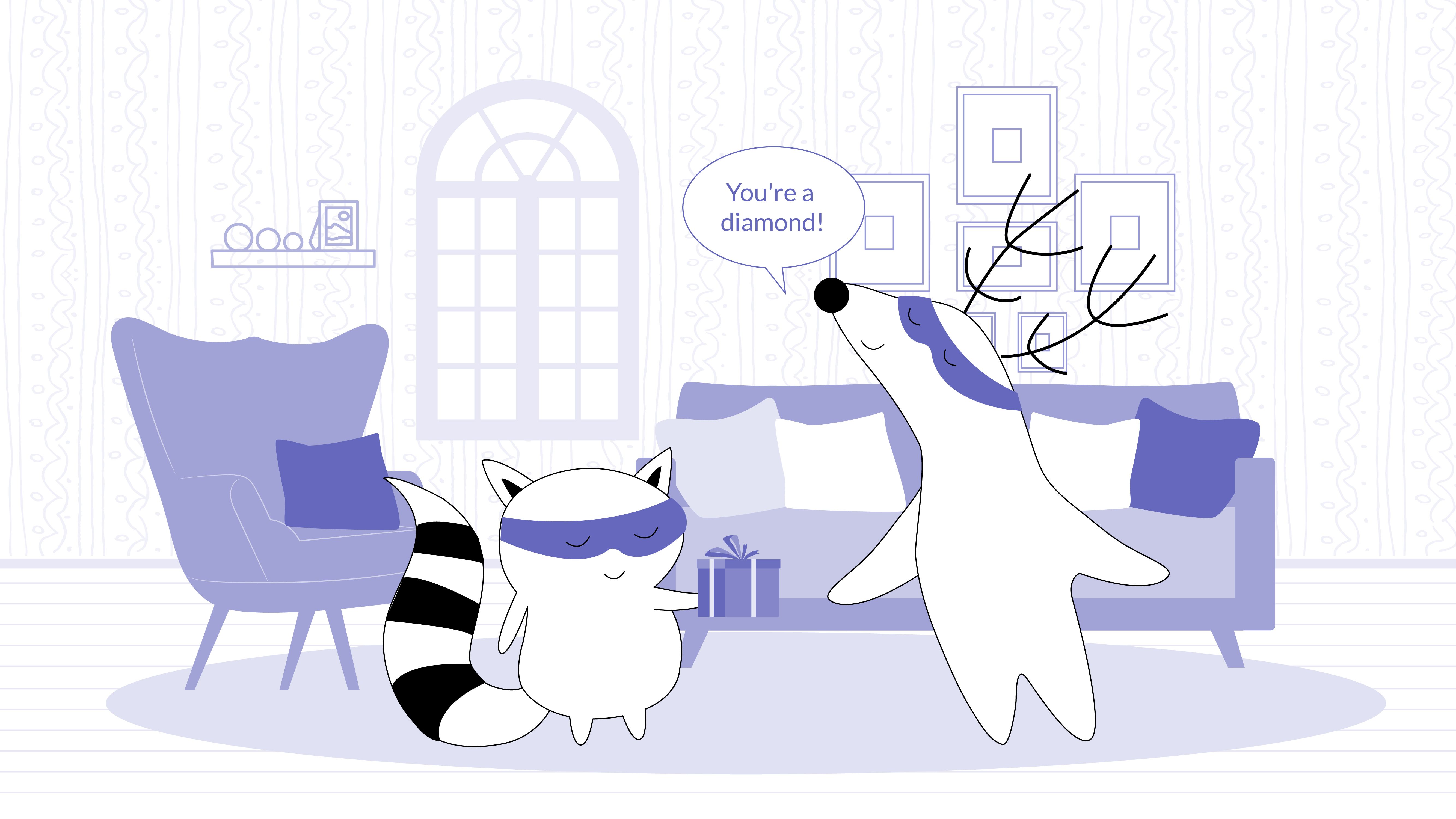
“On cloud nine”
If someone is “on cloud nine,” they are euphorically happy. It's a wonderful British phrase to use when someone is in a state of blissful happiness. The phrase may have originated from the 1950s American weather report, where “cloud nine” describes the fluffiest and highest of all clouds.
If your friend has just shared some fantastic news, you might say:
You must be on cloud nine right now!
“You're a diamond”
In Britain, if someone calls you a “diamond,” it means you're a wonderful person. It's a warm, friendly way of complimenting someone for their kindness or helpfulness. The comparison to a diamond suggests that the person is precious and invaluable.
If your friend has done something nice for you, for example, helped you move house, you could thank them by saying:
You're a real diamond, mate.
“Fit as a fiddle”
The phrase “fit as a fiddle” is used to describe someone in excellent health or physical condition. Originating from the 1600s, the term “fit” initially meant suitable or appropriate, with “fiddle” referring to the instrument.
Over time, the meaning of “fit” evolved, and now the phrase is used to compliment someone's good health or vitality. If your friend is looking particularly sprightly, you could cheerfully comment:
You're looking fit as a fiddle today!
The Bottom Line
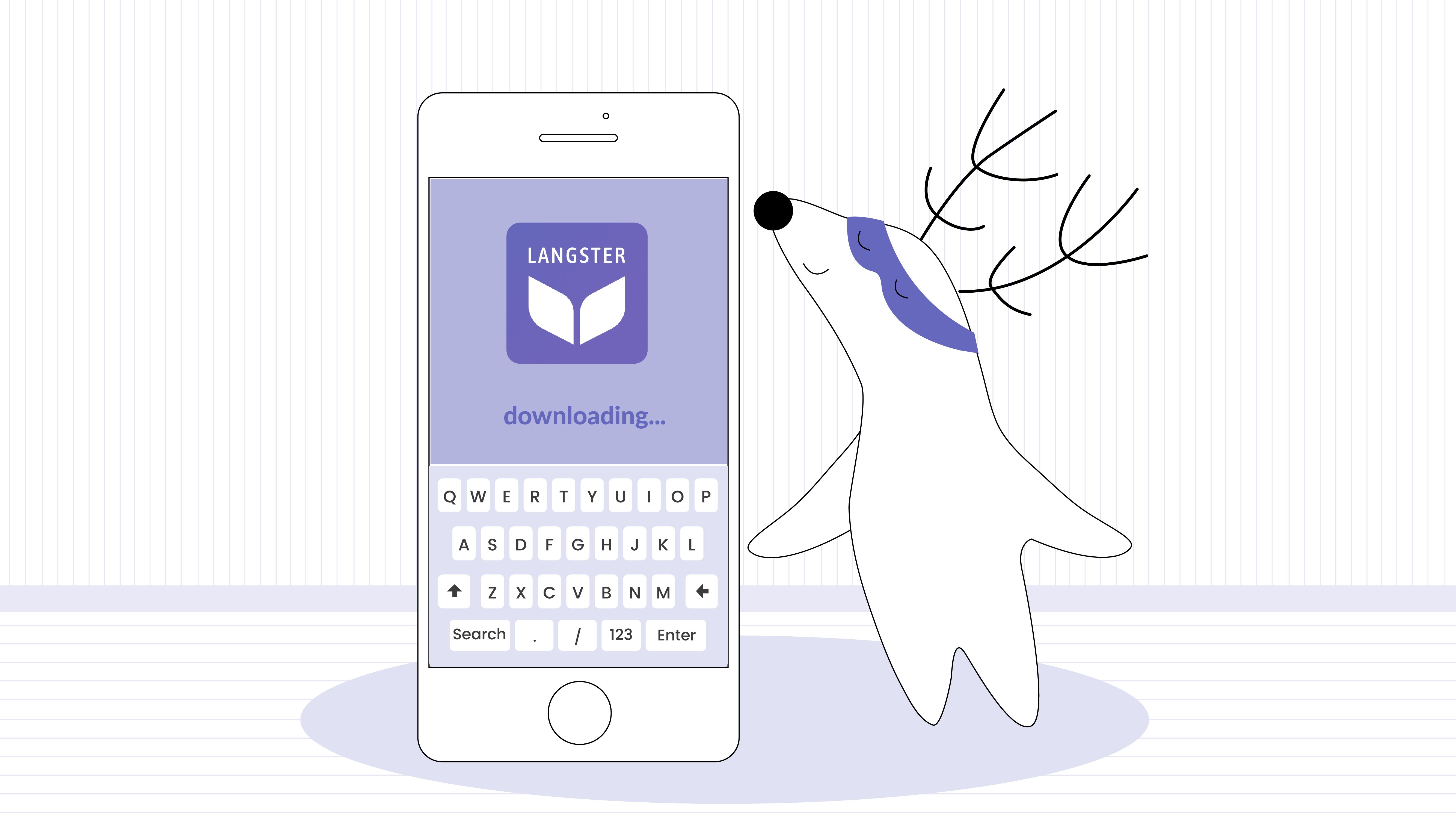
In conclusion, understanding these common British sayings and idioms can significantly enhance your English speaking and comprehension skills. They reflect the rich tapestry and diversity of the English language, especially its unique British variant.
And, if you'd like to continue expanding your English vocabulary and phrases, why not download our language learning app, Langster? Not only does Langster offer an interactive and fun way to learn new words, but it also provides context with real-life stories, helping you understand when and how to use the phrases in everyday conversation. With Langster, mastering English vocabulary and idioms is just a tap away.
Learn English with Langster







